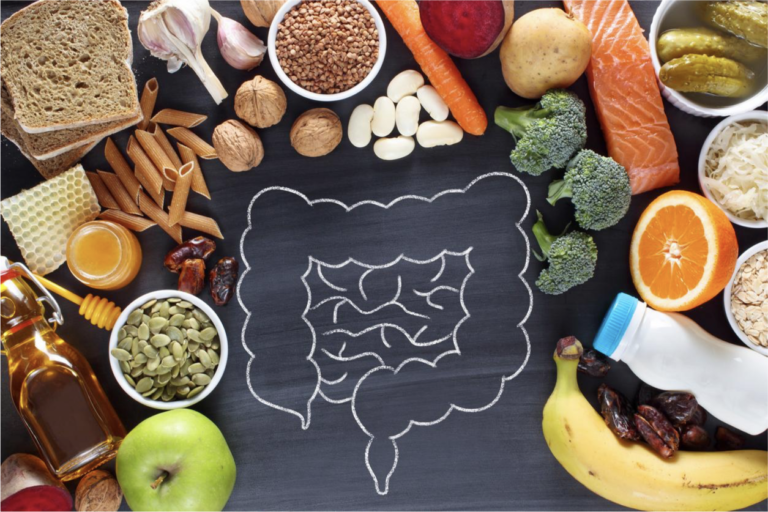The stomach serves as a basic part that influences digestive procedures and immune responses and affects your candida balance. Up your gut healing foods intake, and repair a damaged gut lining, calm down inflammation and strengthen your digestive system. This piece explores powerful foods for gut health, followed by daily consumption methods.
Natural Occurrence of Probiotics Exists in Fermented Foods
Your digestion depends on the probiotics that fermented foods provide as natural good bacteria to keep your gut healthy. Common examples include:
- Yogurt with live cultures
- Kefir
- Sauerkraut
- Kimchi
- Miso
Foods with fermentation help restore gut balance, strengthen digestive functions, and protect the wall lining. You have several ways to enjoy fermented foods every day, starting from mixing kefir into your smoothie at breakfast and ending with sauerkraut as a topping for your meals between yogurt and fresh fruits.
Begin by taking only small amounts of fermented foods when starting to allow the gut to adapt appropriately.
Bone Broth Serves as an Excellent Source of Nutrients That Repair the Gut
Expressing power as a gut-healing agent is bone broth, and it has numerous benefits for gut restoration. The slow heat-cooked process of animal bones produces a liquid packed with multiple beneficial ingredients.
- Collagen
- Gelatin
- Amino acids like glutamine
The components in these foods securely close and mend the gut tissue, thus blocking leaky gut developments. You can enjoy bone broth as tea, use it to create soups, or serve it as a culinary substitute for grains to obtain beneficial nutritional components. Selecting homemade and high-quality products that do not contain additives helps you get all the vital nutrients.
Vegetables with Fiber Work as a Feeding Source to Support the Healthy Bacteria in Your Body
Your existing gut probiotics require prebiotic fibers to serve as their dietary sustenance. Your body can receive these fibers from specific vegetables, including:
- Garlic
- Onions
- Leeks
- Asparagus
- Jerusalem artichokes
On top of their anti-inflammatory properties, your consumption of these vegetables encourages beneficial bacterial growth and promotes good health in your digestive system. Nutritious add to cuisine: stir-fried garlic and onions and roasted asparagus mixed with leeks. The combination of probiotics and prebiotics is most beneficial to your gut.
Omega-3 Fatty Acids: Fighting Gut Inflammation
The gut faces many issues because of inflammation within its system. The intake of omega-3 fatty acids, which exist in fatty fish along with seeds, operates to reduce digestive system inflammation. Good sources include:
- Salmon
- Mackerel
- Sardines
- Chia seeds
- Walnuts
You should consume fatty fish in portions two times per week alongside using chia seeds as a daily breakfast topping. Consuming walnuts serves as a beneficial snack for gut health. Ground plant-based flaxseeds function as an excellent supplement when added to meal dishes.
Easy Tips to Support a Healthy Gut
For the best results:
- Microbial diversity will be enhanced through the consumption of a variety of foods.
- Artificial sweetener-containing foods and processed and sugary snacks should be avoided.
- Stay well-hydrated throughout the day.
- Having regular small meals throughout the day creates a better method to digest food.
People with IBS must watch how certain food choices impact their digestive system. People need to check how their body handles both high-fiber and fermented foods since these food types include certain substances that could cause stomach distress. Yet, a healthcare provider can help develop an individual eating plan to support gut wellness.

